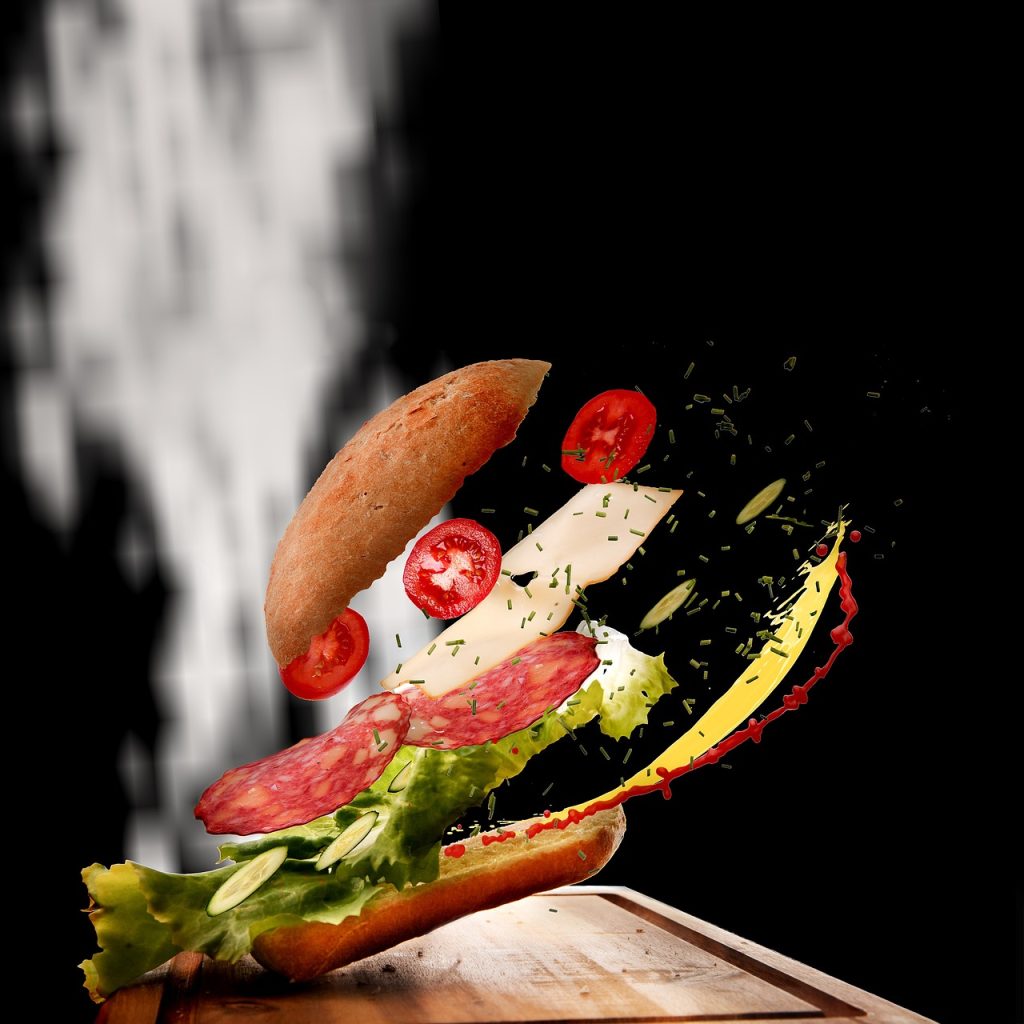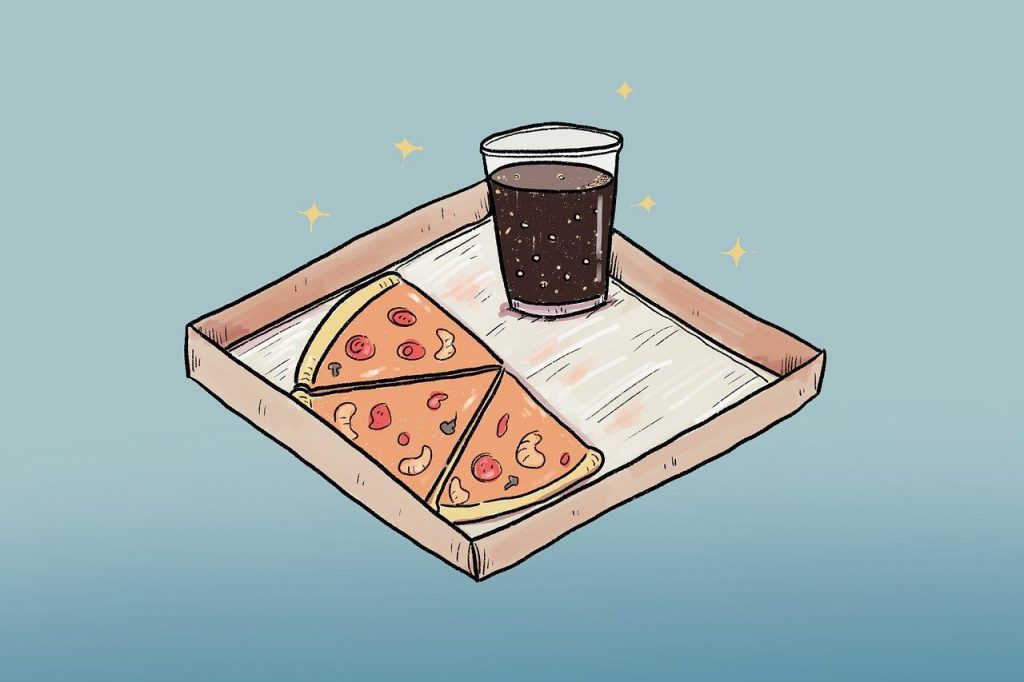You are probably anxious about your upcoming surgery and wondering if you can eat or drink anything on the morning of the procedure. The answer depends on the specific instructions given to you by your healthcare provider. In general, it is recommended to avoid eating or drinking anything after midnight the night before surgery to prevent any complications during the procedure. It is better to follow the guidelines given to you by your doctor to ensure a smooth and successful surgery. Can I eat or drink anything on the morning of the surgery?
Pre-Operative Fasting Guidelines
Hey there! So you’re probably wondering if you can sneak in a quick breakfast or a sip of water before heading to the hospital for your surgery. Well, the answer to that question actually depends on the guidelines set by your healthcare provider. Typically, you’ll be asked to fast for a certain period before your surgery to reduce the risk of complications during the procedure.
Why Do I Need to Fast Before Surgery?
Fasting before surgery is important for a few reasons. When you consume food or drink, your body produces digestive juices to break down the nutrients. If you were to eat right before surgery and these juices were still active, they could enter your airways and lungs while you’re under anesthesia, leading to serious complications like pneumonia. Not fasting also increases the risk of aspiration, where stomach contents are inhaled into the lungs, causing serious breathing problems.

How Long Should I Fast Before Surgery?
The amount of time you need to fast before surgery can vary depending on the type of procedure you’re having and your medical history. In general, healthcare providers recommend not eating or drinking anything for at least 6-8 hours before your surgery. This includes no solid foods, liquids, or even clear fluids like water or juice. It’s crucial to follow these guidelines closely to ensure your safety during the surgery.
Can I Brush My Teeth in the Morning?
Simple tasks like brushing your teeth can also impact your surgery, believe it or not. While a quick rinse with water is often allowed to freshen your breath, it’s best to avoid swallowing any water or toothpaste to prevent interference with the anesthesia. Your healthcare provider will provide specific instructions on oral care before your surgery, so make sure to follow them closely.

Clear Liquids vs. Solid Foods
It’s important to differentiate between clear liquids and solid foods when it comes to fasting before surgery. Clear liquids are liquids that are transparent and easy to see through, like water, apple juice, and clear broth. They are often easier for your body to digest and are less likely to cause complications during surgery compared to solid foods.
Guidelines for Clear Liquids
You may be allowed to consume clear liquids up to 2 hours before your surgery, depending on your healthcare provider’s instructions. However, it’s crucial to follow these guidelines carefully to avoid any risks during the procedure. Clear liquids can help keep you hydrated and prevent dehydration, which is especially important as you prepare for surgery.

Guidelines for Solid Foods
Solid foods, on the other hand, take longer to digest and can pose a higher risk of complications during surgery. For this reason, healthcare providers typically recommend avoiding solid foods for at least 6-8 hours before your procedure. This includes foods like meat, dairy, vegetables, and grains. It’s essential to stick to this guideline to ensure your safety and the success of your surgery.
Hydration Before Surgery
Staying hydrated is essential for your overall health and well-being, especially before surgery. However, it’s important to balance your hydration needs with the fasting guidelines provided by your healthcare provider. While you may be allowed to consume clear liquids up to a certain point before your surgery, it’s crucial to avoid excessive drinking that could interfere with the procedure.
Risks of Not Fasting Before Surgery
You might be tempted to sneak in a snack or a drink before your surgery, but it’s crucial to understand the risks involved. Not fasting before surgery can lead to complications like aspiration, delayed recovery, and a prolonged hospital stay. By following the fasting guidelines provided to you, you can help reduce these risks and ensure a smoother and safer surgical experience.
Clearing Up Any Confusion
If you’re still unsure about what you can and can’t eat or drink before your surgery, don’t hesitate to reach out to your healthcare provider for clarification. They’re there to help guide you through the pre-operative process and address any concerns or questions you may have. It’s always better to be safe than sorry when it comes to preparing for surgery, so don’t be afraid to ask for help if you need it.
Conclusion
In conclusion, the guidelines for eating and drinking before surgery are put in place to ensure your safety and reduce the risk of complications during the procedure. By following these guidelines closely and communicating with your healthcare provider, you can help make your surgical experience as smooth and successful as possible. Remember, it’s always better to err on the side of caution when it comes to your health – so stick to the fasting guidelines and focus on preparing yourself mentally and emotionally for the surgery ahead. You’ve got this!

